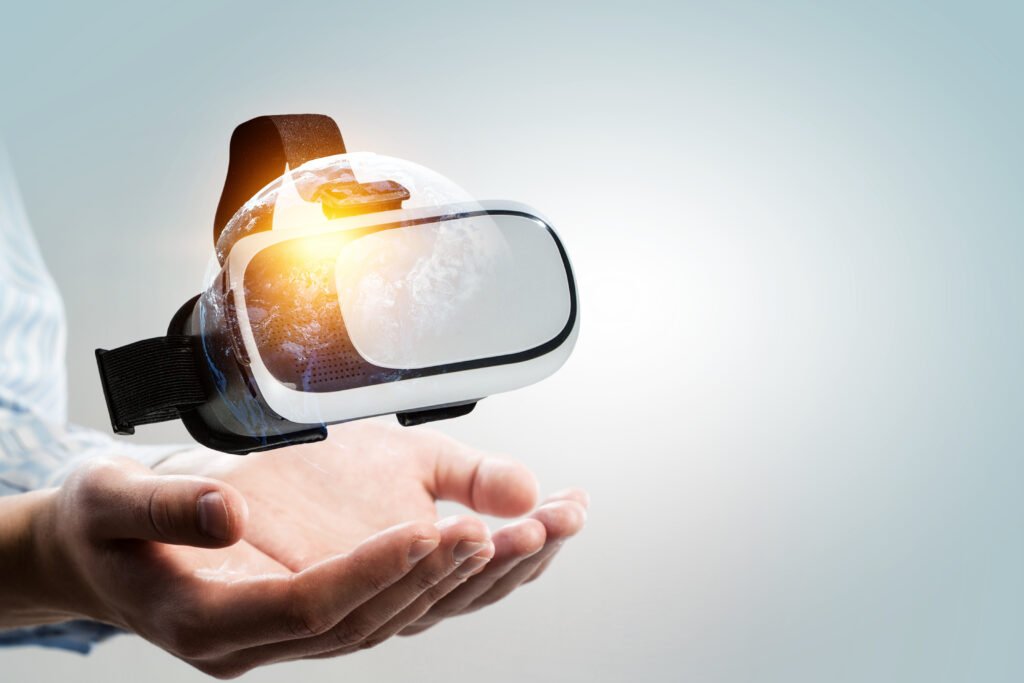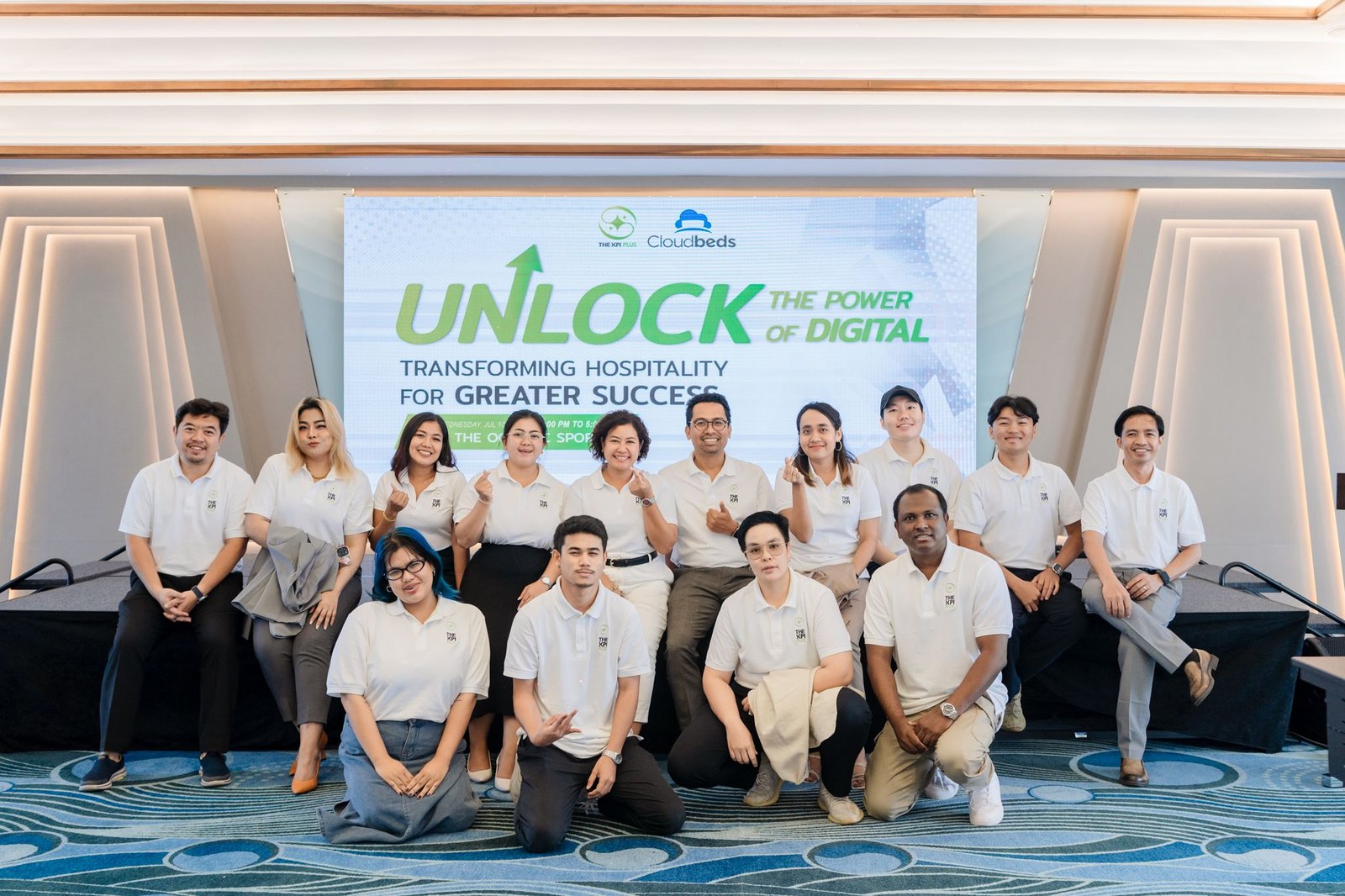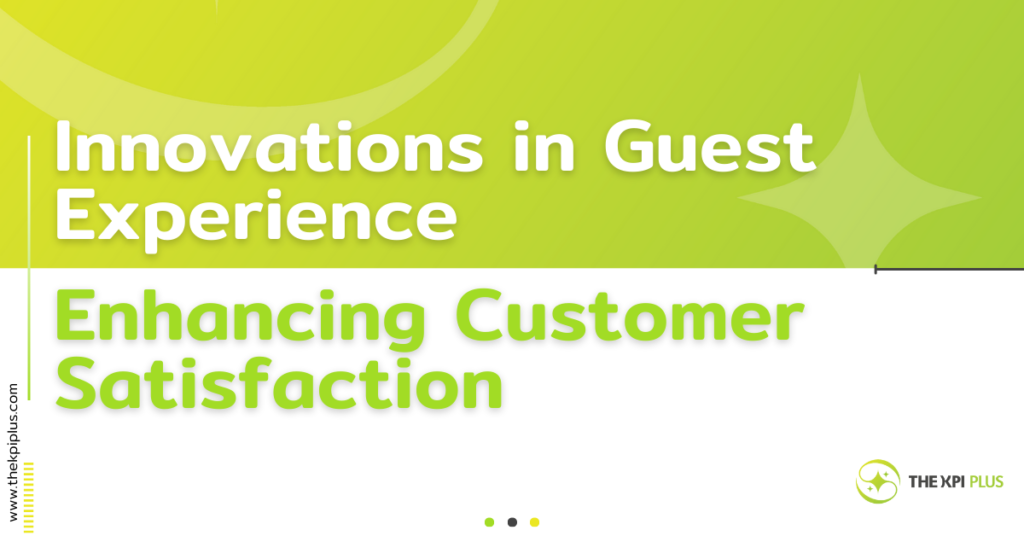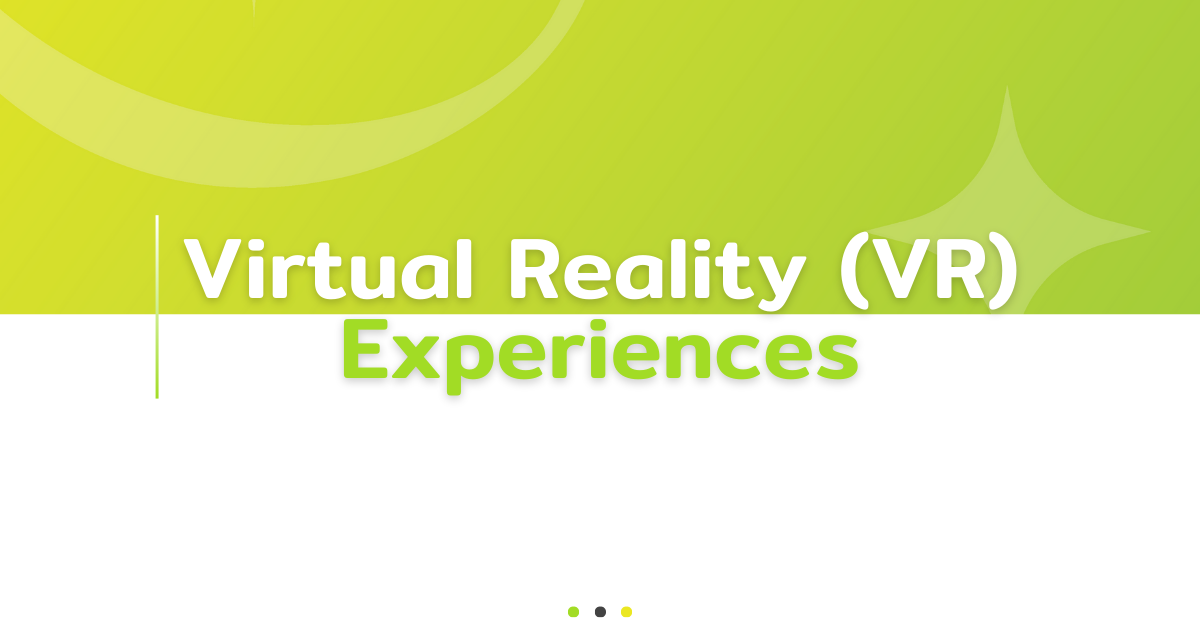Virtual Reality (VR) Experiences
Immersive Hotel Tours
Virtual Reality (VR) is revolutionizing the hospitality industry by providing potential guests with immersive hotel tours. This technology allows users to explore hotel rooms, facilities, and amenities from the comfort of their homes. By offering a 360-degree view, guests can experience the ambiance and layout of the hotel, leading to informed booking decisions. Hotels can showcase different room types, event spaces, and recreational facilities, giving prospective customers a realistic feel of the property.
Moreover, VR tours can highlight unique features and details that might be overlooked in traditional photographs or videos. Guests can interact with the environment, such as opening doors, looking out windows, and viewing the surroundings, which enhances their overall impression. This level of engagement can significantly increase the likelihood of booking, as guests feel more confident in their choices. VR tours also save time and resources for both the hotel and the guests, reducing the need for physical visits.
Additionally, VR technology can be utilized in marketing campaigns to attract a broader audience. By sharing immersive experiences on social media platforms and websites, hotels can reach potential guests worldwide. This innovative approach not only enhances customer satisfaction by setting accurate expectations but also positions the hotel as a forward-thinking and tech-savvy establishment.
Enhanced Event Planning
VR is also transforming the event planning process within the hospitality industry. Event planners and clients can use VR to visualize event setups, including seating arrangements, decor, and lighting, before finalizing their plans. This technology allows for real-time adjustments and customizations, ensuring that the event meets the client’s vision perfectly. By providing a detailed and interactive preview, VR helps in identifying potential issues and making necessary changes without incurring additional costs.
Furthermore, VR can be a valuable tool for virtual site inspections, especially for clients who are unable to visit the venue in person. This is particularly beneficial for destination weddings, conferences, and corporate events, where planning remotely can be challenging. VR site inspections enable clients to explore the venue and its surroundings thoroughly, making informed decisions about their event. This convenience enhances customer satisfaction by reducing stress and uncertainty associated with long-distance planning.
Lastly, incorporating VR into event marketing can attract tech-savvy clients looking for innovative solutions. Event venues that offer VR planning tools demonstrate their commitment to providing exceptional service and staying ahead of industry trends. This not only improves the overall guest experience but also sets the venue apart from competitors, potentially increasing bookings and revenue.
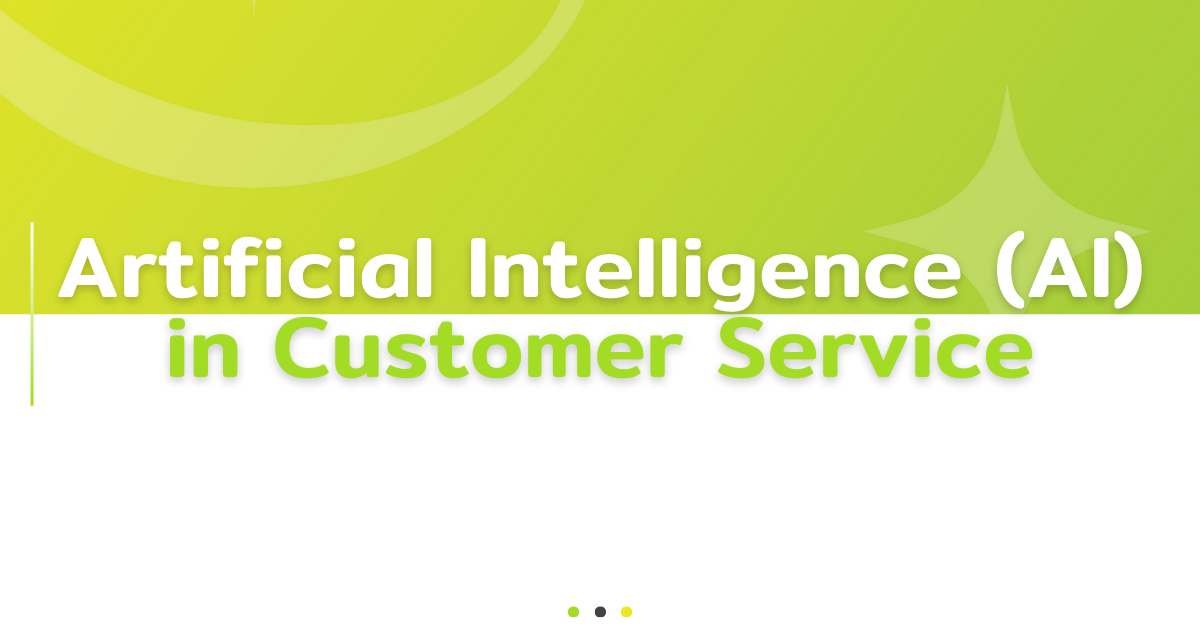
Artificial Intelligence (AI) in Customer Service
AI-Powered Chatbots
Artificial Intelligence (AI) is significantly improving customer service in the hospitality industry through the use of AI-powered chatbots. These chatbots are available 24/7, providing instant responses to guest inquiries and resolving issues in real-time. By handling a wide range of tasks, from booking reservations to answering frequently asked questions, AI chatbots enhance the overall guest experience by offering convenience and efficiency.
One of the key advantages of AI chatbots is their ability to learn and adapt over time. Through machine learning algorithms, these chatbots continuously improve their responses based on previous interactions. This ensures that guests receive accurate and personalized information, increasing satisfaction and trust in the service. Additionally, chatbots can handle multiple languages, catering to a diverse clientele and breaking down communication barriers.
Moreover, AI chatbots can analyze guest interactions to identify patterns and preferences, allowing hotels to tailor their services accordingly. For example, if a guest frequently asks about spa services, the chatbot can proactively offer spa promotions or suggest related activities. This level of personalization not only enhances the guest experience but also boosts customer loyalty and repeat business.
Predictive Analytics for Personalized Experiences
AI-driven predictive analytics is another innovation that enhances guest satisfaction by offering personalized experiences. By analyzing large sets of data, such as booking history, preferences, and behavior patterns, predictive analytics can anticipate guest needs and preferences. This allows hotels to tailor their services and offerings, creating a more personalized and memorable stay for each guest.
For instance, predictive analytics can help hotels identify guests who prefer certain types of rooms, amenities, or activities. Based on this information, hotels can make personalized recommendations and offers, such as room upgrades, dining options, or local excursions. This level of customization makes guests feel valued and understood, leading to higher satisfaction and loyalty.
Additionally, predictive analytics can enhance operational efficiency by forecasting demand and optimizing resource allocation. For example, if the system predicts a high demand for spa services on a particular day, the hotel can adjust staffing levels and inventory accordingly. This ensures that guests receive timely and high-quality service, further enhancing their experience. By leveraging AI and predictive analytics, hotels can provide a seamless and personalized stay that meets and exceeds guest expectations.
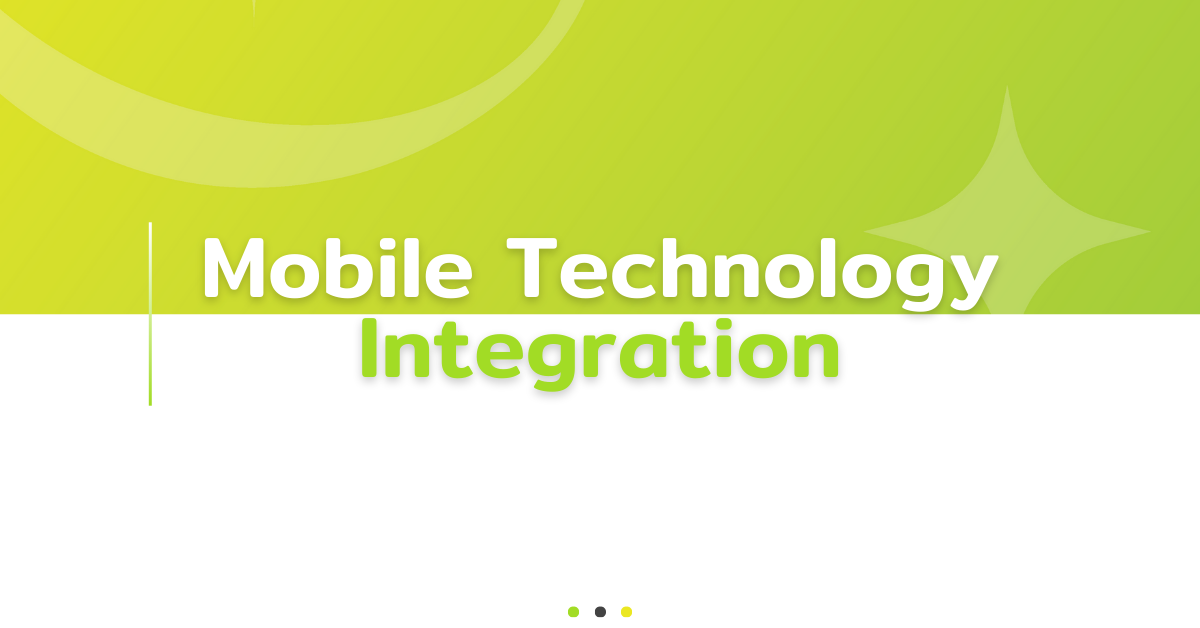
Mobile Technology Integration
Mobile Check-In and Check-Out
Mobile technology is transforming the guest experience by offering convenient and efficient check-in and check-out processes. With mobile check-in, guests can bypass the front desk and go directly to their rooms upon arrival. This technology allows guests to use their smartphones to check-in, receive their room keys digitally, and access their rooms through mobile key entry systems. This streamlined process reduces wait times and enhances guest satisfaction by providing a hassle-free arrival experience.
Furthermore, mobile check-out offers guests the convenience of settling their bills and checking out from their rooms. They can review their charges, make payments, and receive digital receipts on their mobile devices. This not only saves time but also reduces the need for physical interactions, making the process more efficient and contactless. In an era where health and safety are paramount, mobile check-in and check-out provide an added layer of reassurance to guests.
Additionally, mobile technology integration allows hotels to gather valuable data on guest preferences and behaviors. This information can be used to personalize services and offers, enhancing the overall guest experience. For example, hotels can send targeted promotions and recommendations based on previous stays and interactions, creating a more tailored and engaging experience for guests.
In-Room Technology
In-room technology, enabled by mobile integration, is another significant innovation enhancing guest satisfaction. Guests can use their smartphones or in-room tablets to control various aspects of their stay, such as adjusting the room temperature, lighting, and entertainment systems. This level of control provides a personalized and comfortable environment, allowing guests to customize their rooms to their preferences.
Moreover, in-room technology can enhance the entertainment experience by offering a wide range of options, such as streaming services, interactive TV, and gaming consoles. Guests can access their favorite content and enjoy a home-like entertainment experience during their stay. This not only improves guest satisfaction but also sets the hotel apart from competitors by offering modern and high-tech amenities.
In-room technology also includes features like digital concierge services, which provide guests with instant access to information and services. Guests can use these platforms to order room service, request housekeeping, book spa appointments, and explore local attractions.
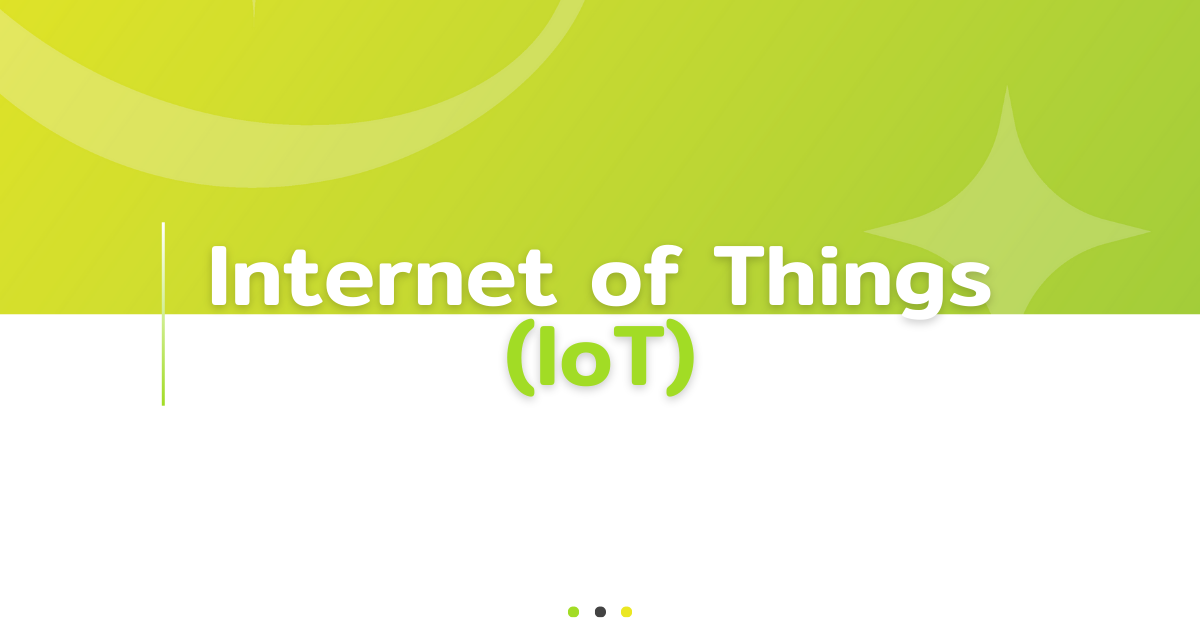
Internet of Things (IoT)
Smart Room Features
The Internet of Things (IoT) is revolutionizing guest experiences with smart room features that offer enhanced comfort and convenience. IoT-enabled devices, such as smart thermostats, lighting systems, and voice-activated assistants, allow guests to control their environment effortlessly. For instance, guests can use voice commands to adjust the room temperature, change lighting settings, or play their favorite music, creating a personalized and enjoyable atmosphere.
Furthermore, IoT technology enables hotels to gather real-time data on room conditions and guest preferences. This data can be used to optimize energy usage, ensuring that rooms are heated or cooled efficiently based on occupancy. Additionally, hotels can use this information to identify maintenance issues proactively, such as malfunctioning HVAC systems or low battery levels in smart devices. By addressing these issues promptly, hotels can enhance guest satisfaction and minimize disruptions.
Moreover, smart room features can include automated check-in and check-out processes, where rooms are prepared and personalized based on the guest’s preferences before their arrival. This seamless integration of technology ensures that guests have a smooth and enjoyable stay from start to finish. IoT-enabled rooms not only provide a modern and tech-savvy experience but also enhance comfort and convenience, leading to higher guest satisfaction and loyalty.
Enhanced Security and Safety
IoT technology also plays a crucial role in enhancing security and safety within hotels. Smart locks and keyless entry systems provide guests with secure and convenient access to their rooms. These systems use encrypted digital keys that can be managed through mobile devices, reducing the risk of lost or stolen physical keys. Additionally, IoT-enabled surveillance cameras and sensors can monitor hotel premises in real-time, ensuring a safe and secure environment for guests and staff.
Furthermore, IoT technology can be integrated with emergency response systems to enhance safety protocols. For example, smart smoke detectors and fire alarms can provide real-time alerts to both guests and hotel staff in case of emergencies. These systems can also automatically notify local authorities, ensuring a swift and coordinated response. By leveraging IoT technology, hotels can enhance their safety measures and provide guests with peace of mind during their stay.
Moreover, IoT-enabled systems can track and manage inventory, ensuring that essential supplies and equipment are readily available. For instance, smart refrigerators can monitor stock levels and alert staff when replenishments are needed. This not only enhances operational efficiency but also ensures that guests have access to necessary amenities at all times. By prioritizing security and safety through IoT technology, hotels can create a trustworthy and reliable environment, leading to increased guest satisfaction and loyalty.
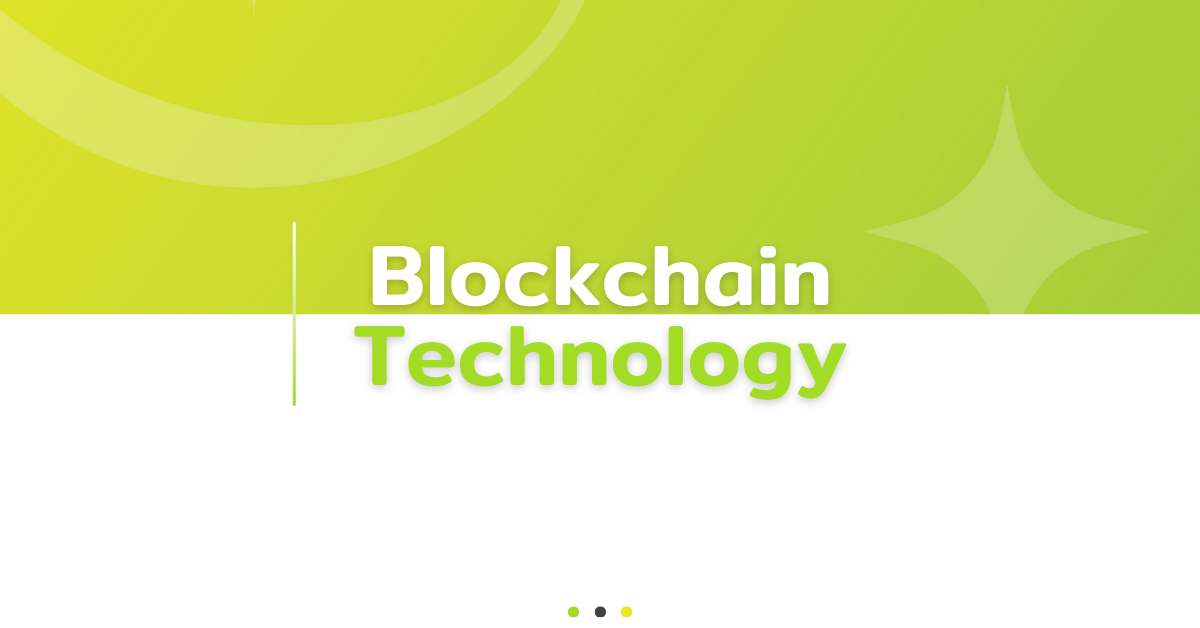
Blockchain Technology
Secure Payment Systems
Blockchain technology is transforming the hospitality industry by providing secure and transparent payment systems. Guests can make payments using cryptocurrencies or traditional currencies, with the assurance that their transactions are secure and immutable. This level of security enhances trust and confidence in the payment process, leading to higher guest satisfaction.
Moreover, blockchain technology can streamline the payment process by eliminating intermediaries and reducing transaction fees. This is particularly beneficial for international guests, as it simplifies currency exchanges and reduces costs associated with cross-border payments. By offering a seamless and cost-effective payment solution, hotels can attract a wider range of guests and improve their overall experience.
Additionally, blockchain technology can enhance loyalty programs by providing a transparent and efficient system for tracking and redeeming rewards. Guests can easily access their loyalty points and benefits, with all transactions recorded on the blockchain. This ensures that rewards are accurately tracked and redeemed, enhancing the value and appeal of loyalty programs. By leveraging blockchain technology, hotels can provide a secure and rewarding experience for their guests, leading to increased satisfaction and loyalty.
Enhanced Data Privacy
Blockchain technology also enhances data privacy and security, addressing growing concerns about personal information protection. By using decentralized and encrypted systems, blockchain ensures that guest data is stored securely and cannot be tampered with. This reduces the risk of data breaches and unauthorized access, providing guests with confidence that their personal information is safe.
Furthermore, blockchain technology can enable guests to control their own data through decentralized identity management systems. Guests can choose what information to share with the hotel and can revoke access at any time. This level of control enhances privacy and builds trust between guests and hotels. By prioritizing data security and privacy, hotels can differentiate themselves in a competitive market and attract privacy-conscious guests.
Moreover, blockchain can improve transparency and accountability in data management practices. All data transactions are recorded on the blockchain, providing a clear and immutable audit trail. This ensures that data handling practices comply with regulations and industry standards, further enhancing guest trust. By adopting blockchain technology, hotels can provide a secure and transparent environment for guest data, leading to increased satisfaction and loyalty.

Conclution
Innovations in guest experience through technology are significantly enhancing customer satisfaction in the hospitality industry. Virtual Reality (VR) offers immersive hotel tours and enhanced event planning, while Artificial Intelligence (AI) improves customer service through AI-powered chatbots and predictive analytics. Mobile technology integration provides convenient check-in/check-out processes and in-room control, and the Internet of Things (IoT) offers smart room features and enhanced security. Lastly, blockchain technology ensures secure payment systems and enhanced data privacy. By leveraging these technologies, hotels can provide a personalized, efficient, and secure experience, leading to higher guest satisfaction and loyalty. If you are interested in using data to develop direct booking strategies and enhance marketing in the hotel industry, the “Unlock the Power of Digital” seminar hosted by The KPI PLUS in collaboration with Cloudbeds is an excellent opportunity.





